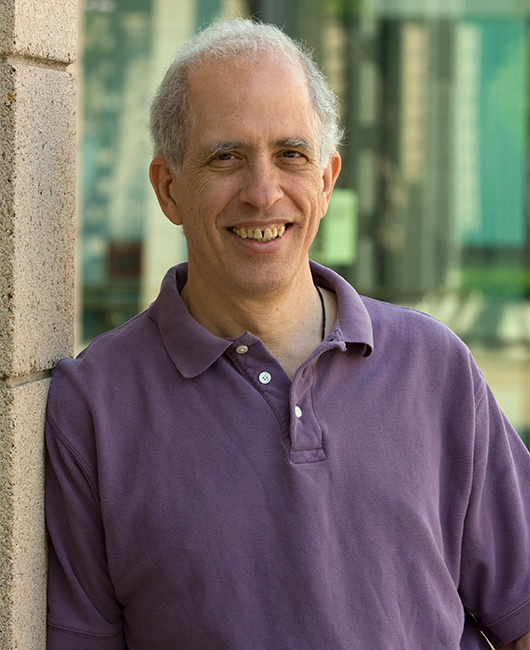NSF Supports Computer Science Research
August 9, 2019
Researchers in many fields share a common problem: Searching giant parameter spaces is incredibly time consuming and inefficient. To help remedy this issue, the National Science Foundation has funded “CNS Core: III: Medium: Collaborative Research: Optimizing and Understanding Large Parameter Spaces in Storage Systems,” a project developed by computer science professor Geoff Kuenning and his Stony Brook University colleagues, computer science professors Klaus Mueller and Erez Zadok.
“A parameter space is a mathematical concept referring to the total number of choices available,” Kuenning says. “For example, if I have 10 shirts and 10 pairs of pants, I have 10×10 = 100 different outfits because each pair of pants can be worn with 10 different shirts. That’s great for wardrobe variety and for packing light, but terrible if you’re trying to find the best shirt/pants combination by trial and error. If you add 10 pairs of socks, 10 belts and 10 hats, you’re up to 100,000 outfits generated by only 50 pieces of clothing. That’s a parameter space, which is what we’re trying to search—preferably not by trying on all 100,000 outfits!”
The team will test a combination of enhanced black box-optimization methods, machine learning and visual analytics on information systems from cloud data centers to smartphones to embedded systems, such as wireless routers.
“We’re figuring out ways to optimize existing software,” says Kuenning. “In any storage system, the software has what we call knobs, parameters that the user can set in a search. Each system has many, many parameters that interact with each other in complicated ways, so trying to pick the best setting of all of these parameters to get the best performance for a specific situation is an overwhelming task.”
Beyond improving storage systems, a significant improvement to the performance of storage systems worldwide will save energy costs and benefit the environment. The project’s comprehensive research agenda has the potential to make such optimization significantly simpler and far more effective, which can bring direct benefits to consumers, businesses and the U.S. government. “Although our focus here is on storage systems, we expect that many of the lessons learned and some of the tools and techniques would apply to other domains, for example, optimizing networks or data centers,” Kuenning says.
In 2017, Kuenning’s NSF-funded project “Collaborative Research: CI-SUSTAIN: National File System Trace Repository,” addressed a longstanding problem in the study of computer systems: the difficulty of providing workloads to drive the system being studied. Kuenning successfully developed and deployed the Storage Networking Industry Association’s I/O Tools, Traces and Analysis (IOTTA), a national repository for file system traces. The repository has proven its worth to the scientific community and is being used by researchers in a wide variety of projects. Initially, the life of the repository was expected to be only a few years, but its utility and popularity suggest that it will be needed for at least another decade, and possibly far longer.
Kuenning’s share of the current grant is $264,875 and includes support for two student researchers per year for four years. NSF grants are the largest share of external support for faculty research at Harvey Mudd College.
